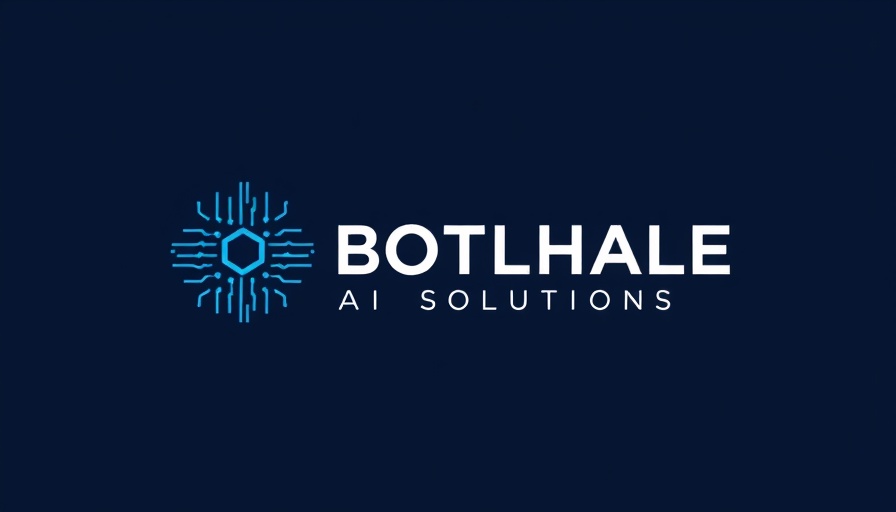
Transforming Customer Experiences with Multilingual AI
As customer service evolves, companies are increasingly recognizing the importance of effective communication in local languages. South Africa’s Botlhale AI is leading the charge by providing innovative solutions for multilingual call centres. Founded in 2019, Botlhale AI offers a suite of conversational AI tools designed to facilitate seamless interactions in 11 South African languages and more.
Bridging the Language Gap
In a country where English is often the language of business but not necessarily the native tongue for many, Botlhale's technology offers a unique solution. Thapelo Nthite, cofounder of Botlhale, highlights that a staggering 70% of customer interactions in South Africa are conducted in languages other than English. This presents a significant challenge for companies relying on automated quality assurance tools designed primarily for English communication. By leveraging natural language processing (NLP), Botlhale AI ensures that important conversations are captured, analyzed, and used effectively, regardless of the language.
Why Language Matters
Understanding language is not just about communication; it has critical implications for business compliance and customer satisfaction. A misinterpreted conversation in isiXhosa, for example, could lead to denied claims in the financial sector. With their AI tools, Botlhale empowers businesses to identify these risks, minimizing the chances of oversight and strengthening customer trust. Customers want to interact in their native tongue, and Botlhale’s commitment to language inclusivity is a compelling selling point.
Future Opportunities and Market Expansion
Botlhale AI operates on a Software-as-a-Service (SaaS) model, appealing to enterprises seeking efficiency and scalability. With plans to penetrate markets in neighboring countries like Ghana and Kenya, the company is poised for significant growth. Enterprises interested in entering new territories can look to Botlhale for guidance on local languages to support their expansion.
Embracing the Future of Work
The move toward multilingual call centres in Africa reflects broader trends in automation and digital transformation. As the continent embraces AI and fintech advancements, businesses that adopt these technologies can enhance their competitive edge. Botlhale is at the forefront of this shift, illustrating how AI can not only optimize operations but also foster deeper connections with diverse customer bases.
As we look to the future, it's clear that the conversation around AI in Africa is just beginning. Companies must prioritize communication in all its forms to adapt to this rapidly changing landscape.
 Add Row
Add Row  Add
Add 


Write A Comment